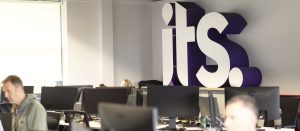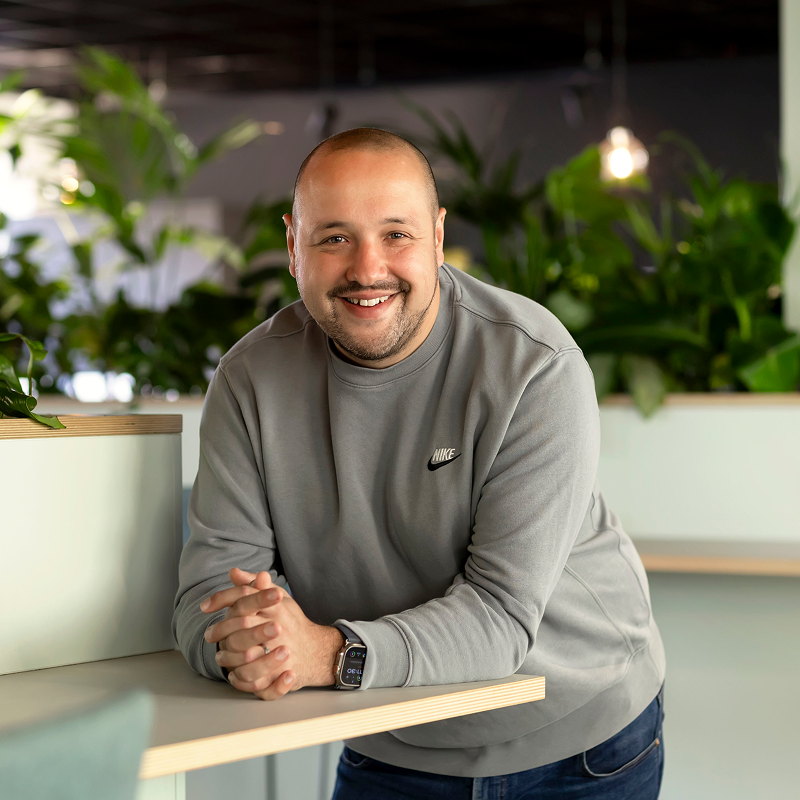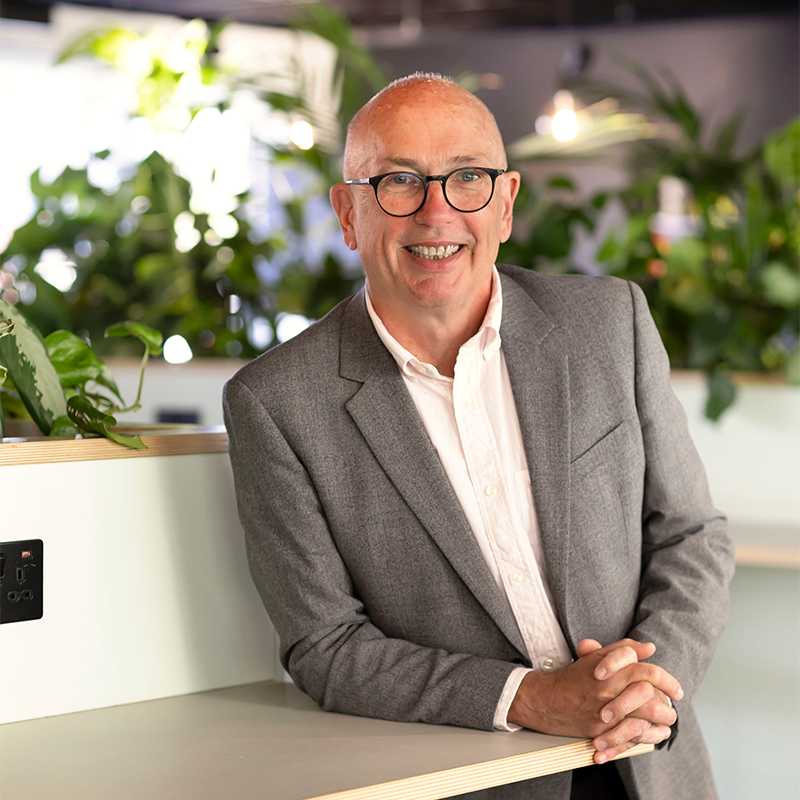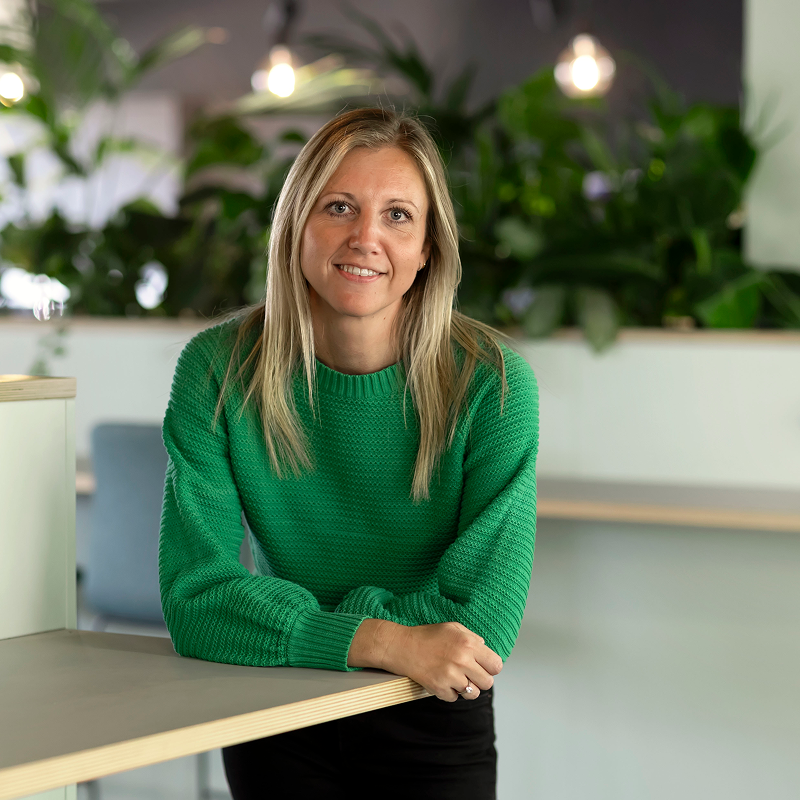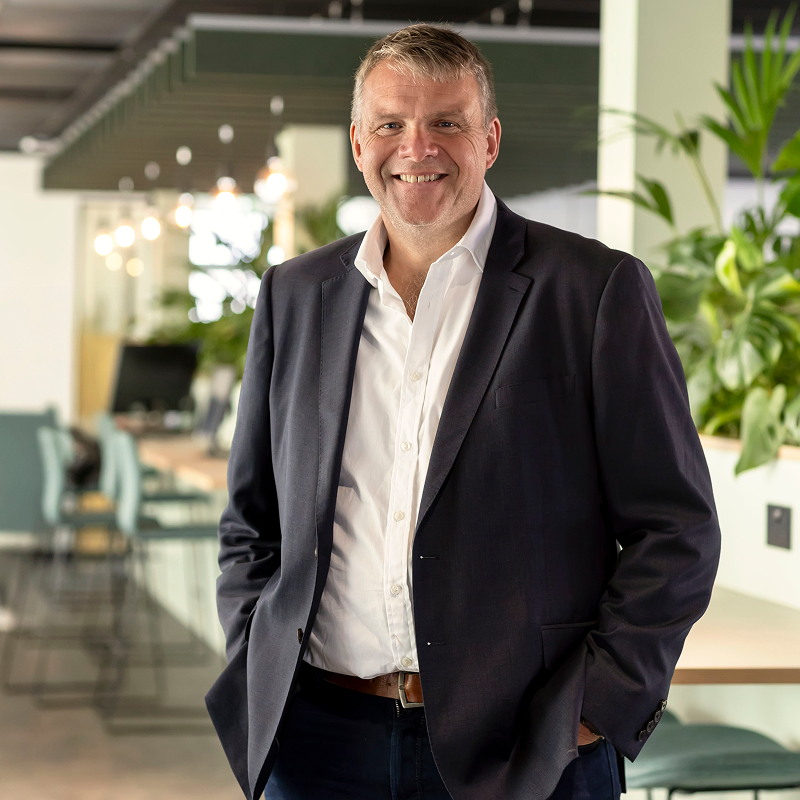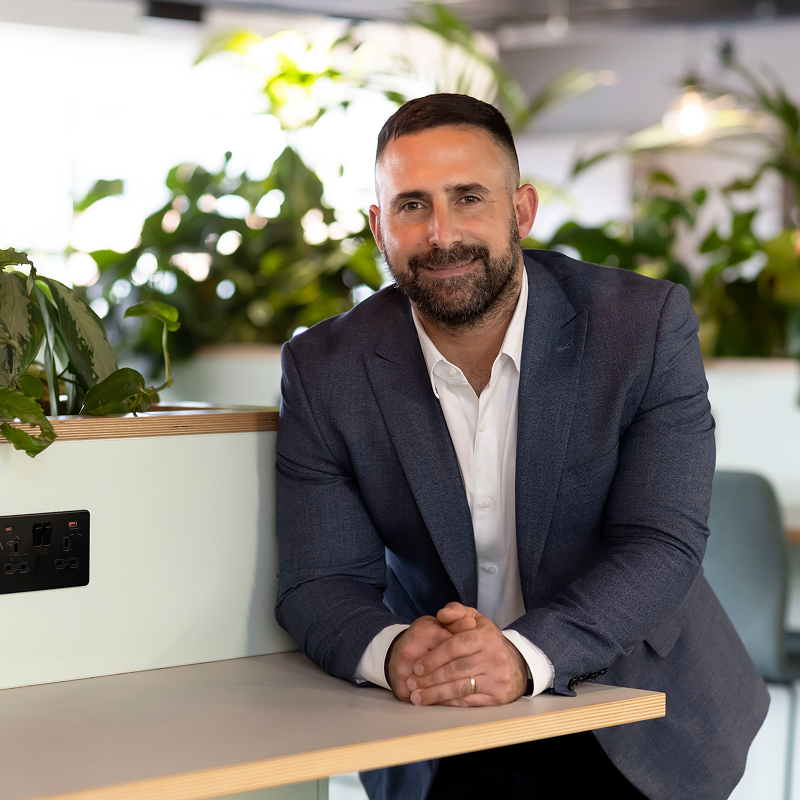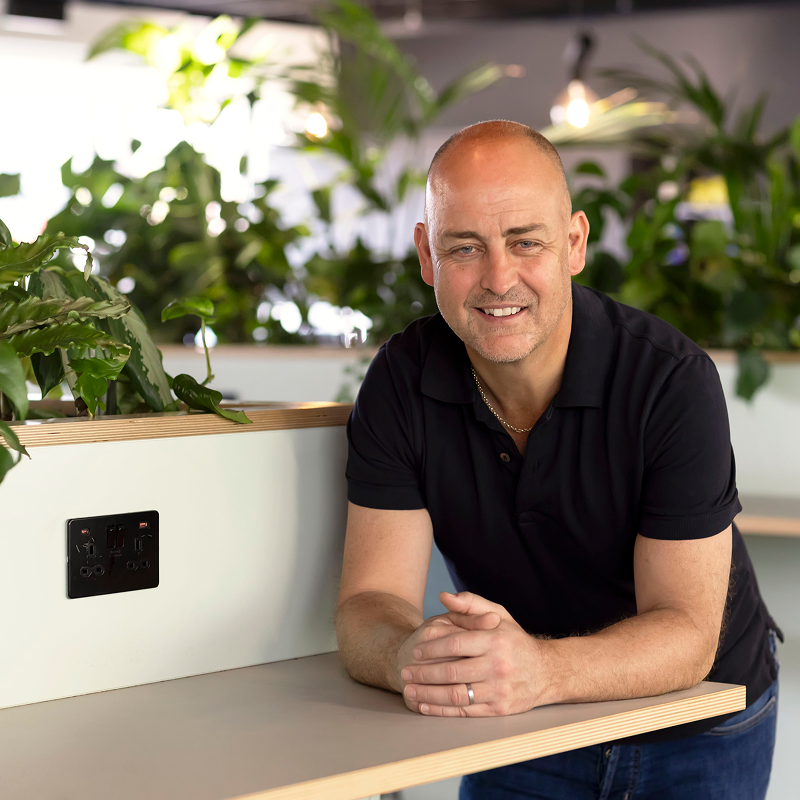Get ready, get set for full fibre
The UK’s telecommunications infrastructure is undergoing a once in a generation transformation. As London’s legacy copper networks are set to retire from 2025, the importance of alternative full fibre infrastructure is being brought into sharp focus.
The real cost of poor broadband
Originally only designed for telephone calls, the first copper networks were installed in the early 20th century. Since then, the way we access information, collaborate, and communicate has changed substantially. Business applications have moved to the cloud, hybrid working means that many meetings are now held over Teams and Zoom (other conferencing solutions are available), and smart technologies such as IP surveillance and those that use sensors including heating and lighting are all reliant on robust, high-speed connectivity. Our digital dependence is growing.
However, a slow, unreliable broadband service can undermine all the opportunities that these technologies promise – maybe you have experienced the pain of the ‘wheel of doom’, calls dropping in and out, lengthy file upload times, or video conference screen freeze? What is the real cost of poor broadband? The impact of unnecessary end-user frustration created by unreliable services lowers productivity which ultimately hits the bottom line.
The digital revolution
There’s light at the end of this tunnel. Full fibre is being rolled out at pace to replace copper. Known as the gold standard in connectivity terms, it is the future of the UK’s communications infrastructure. Gigabit-capable fibre connectivity is high on the government’s agenda. To bring the UK up to speed, it has targeted 2030 as a timeframe for most of the country to have access to these ultrafast services. This digital infrastructure is being delivered with significant private investment, such as our own multimillion pound rollout across the capital and the rest of the UK, and public funds to level up the areas not included in operators’ plans.
Dispelling fibre myths
Not all fibre connectivity is equal. Fibre to the cabinet, known as FTTC, still relies on copper to connect your premises. While these services are much faster than over a copper-only connection, the service is only as good as the ‘last mile’ from the cabinet to the premises – it’s this part of the line that slows down the service and affects reliability.
Full fibre means just that. The service is delivered entirely over fibre optic cables, known as FTTP. The only limiting factor is the capabilities of the equipment that is put on the end of the connection and means that full-fibre is truly futureproof.
It’s time to act if you’re still using a ‘landline’ to make phone calls, or are experiencing reliability problems with your connectivity service, you feel like you are having to work around its flaws, and it’s slowing you and your employees down.
But even if you’re not having any broadband issues, and your connection is fast, you need to know if it’s full-fibre. If it isn’t, you should find out what your service provider’s plans are, particularly if your contract extends beyond the 2025 threshold.
The future’s now
As these full-fibre networks are already built or being rolled out, your rivals may already be benefitting from the competitive edge gigabit-capable services can deliver. Our own investment in our Faster Britain networks already reaches nearly 40% of business premises across London including a footprint spanning East London, which includes Barking & Dagenham, Havering, and Greenwich, and will soon go live across Poplar.
For more information visit www.fasterbritain.com
About the author
Imdadur Rahman, a Faster Britain Ambassador from full fibre provider ITS Technology Group, is on a mission to help organisations, institutions, and businesses across the capital learn more about the benefits of transformational digital infrastructure.


